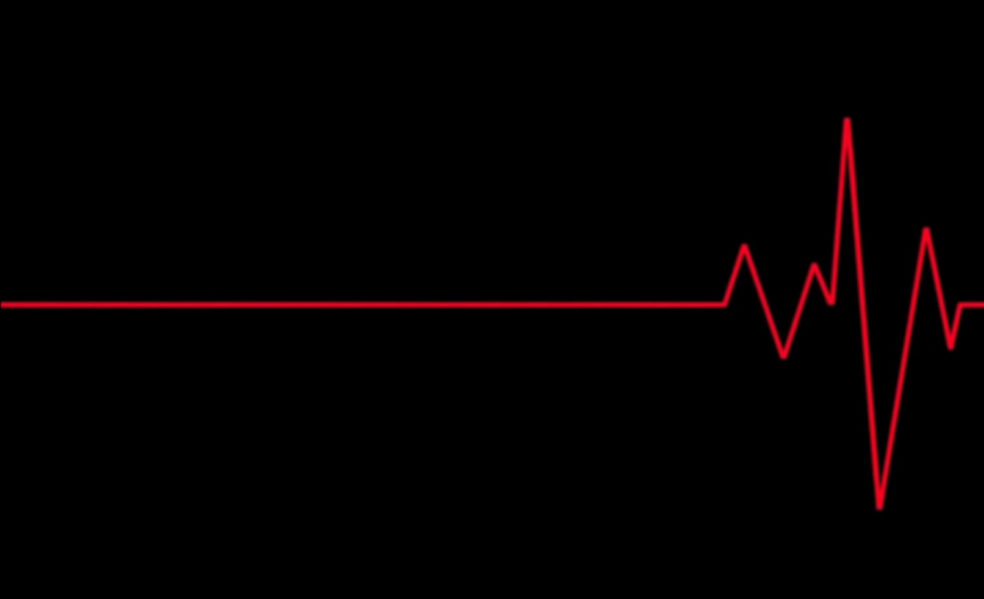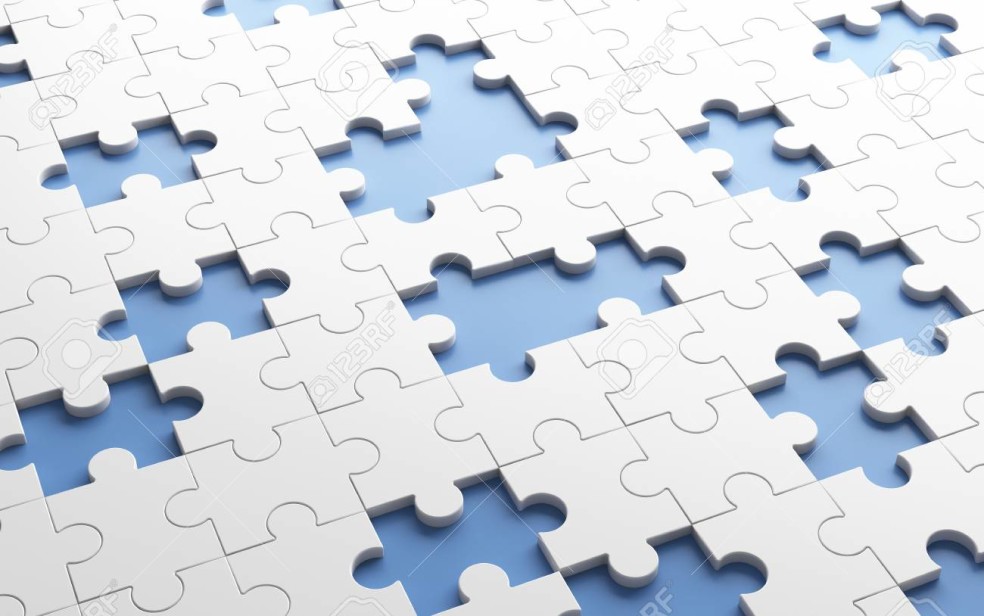Recently, I stepped down as CEO of my company that I started 3 years ago. It was tough, but had to be done. Business was doing well, but my heart was no longer in it. A lot has went right; we processed +$5M in revenue, signed up +200K app users, and hundreds of B2B customers, all in a niche market nobody thought existed. Plenty has gone south as well, and along the way, many lessons were learned. Here, I explain the main takeaway from my journey.
When you start a company, you’re committing to it indefinitely. Especially if you get customers, employees, and investors on board. So make sure that either the market you’re in is fertile and on the rise, or that you’re so in love with the market that you don’t mind spending the next few years of your life trying to hack it, even if it doesn’t pay off fast, or possibly at all.
Another lesson I also learned is that it is ok to fail. It’s not awesome to fail. It really sucks. But it’s ok. As a founder, you’re attempting something that has a high level of uncertainty, and hence you’re allowed to fail. As a matter of fact, you will probably fail, multiple times, and for different reasons. But that’s how you learn to surf; by falling. The best thing you can do is attempt to accelerate such failures.
We went through a lot of hardship along the way, and if anything, I fed off those challenges. While
bootstarpping Malaeb I lived through some of the toughest financial crises in my short-lived life. Initially, not because I had to, but because I wanted to. Then it became not because I wanted to, but because I had to. And at some point, that no longer made sense for the company’s progress or my health. So after living through a couple of months of depression and not wanting to get out of bed in the morning, I knew I wasn’t helping anyone and things had to be addressed.
In that period, there were 2 questions that were pinning me down:
- These people gave me their money because they trusted me. What am I supposed to tell them now?
- These people quit what they were doing to come work for the vision I sold them. How am I going to address them?
I went and spoke to our lead investors in what turned to be an honest, emotional +3 hours long talk. The result of that was that it’s best for me to step down and support the team as an adviser. I’m lucky to have a dependable co-founder, a strong team, and an active board that allowed me to step down while the rocket ship continues rising.
“It doesn’t matter how amazing your product is, or how fast you ship features. The market you’re in will determine most of your growth.” – Sahil Lavingia
I believe the team and I have put fantastic efforts in making the startup a success. And arguably, we did succeed, but at a much slower pace than I had expected.
In the grand scheme of things however, it didn’t matter how much effort we put in. It didn’t matter how sexy the product was, or even how much of a hassle we solved. It didn’t matter how much optimization we did and how much growth hacking we tried. It did help of course, but again, it didn’t exactly make us take off

All that didn’t matter nearly as much as the fact that 1) the industry we chose wasn’t on the rise at the time, and 2) the geographic market we chose wasn’t exactly ready for take off (online payments still an issue, regulation just taking place, etc…).
Another example could be Talabat, the food ordering app. When Talabat first launched in 2004, it was also a time where the market was not entirely hungry or prepared for the concept. But when Mohammed Jaffar acquired it in 2010, it was exactly the right wave. Smartphones started getting in fashion and Blackberries went out of fashion. With the rise of social media, namely Instagram, everyone started posting photos of their food. And last but not least, as a result, the F&B market flourished like never before, new restaurants started popping up everywhere, and people’s spend on takeaway food quadrupled in the region.
Talabat from 2010 till 2015 when it got acquired rode the right wave (and even more after the acquisition). Both industry wise, and geography wise. Right time, right place.
Had Talabat launched in Europe, it would’ve rode the wrong wave. Too late; wave’s already finished. Africa? Too early; wave’s too small.
Did Talabat do everything well? Heck no. Lots of mistakes were made. The user experience was mediocre. Customer support was arguably terrible. But it didn’t matter much; it worked. And all they had to do was keep riding the wave, which they managed to do very well.
Before branching into something, you should extensively think about the market. You must prepare well for your surf, making sure you’re about to ride the right wave. And while this might sound very intuitive, it’s incredibly easy to forget once you get
immersed in an idea.
Note that every founder’s wave of choice is different. Some will prefer to do something they love even if it doesn’t grow as fast, and others will prefer to feed off the thrill of a fast growth startup, while being virtually industry-agnostic. There’s no right wave for everyone.
If you have a mix of those 2 factors however, then you’re in the founder sweet spot. If things work, they work well. If shit hits the fan, you have the passion to endure until things work.
If you’re looking to build a fast growth startup, then you need to make sure you’re riding the right wave. Sometimes, it pays off to ride a wave super early so that you have the “first mover” advantage when the uptick happens. But again, that requires tremendous patience, mostly gained from love for the industry or market.
The moral here is the following: you must research an opportunity well before you branch into it, at least to know an estimation of how long it would take you to see it through. You’ll probably still be wrong about a few things, but it’ll help you to have a somewhat realistic idea on where you’re going before you start.
If you prepare mentally for a marathon, you won’t do well at a sprint. If you prepare for a sprint, you won’t finish a marathon.




